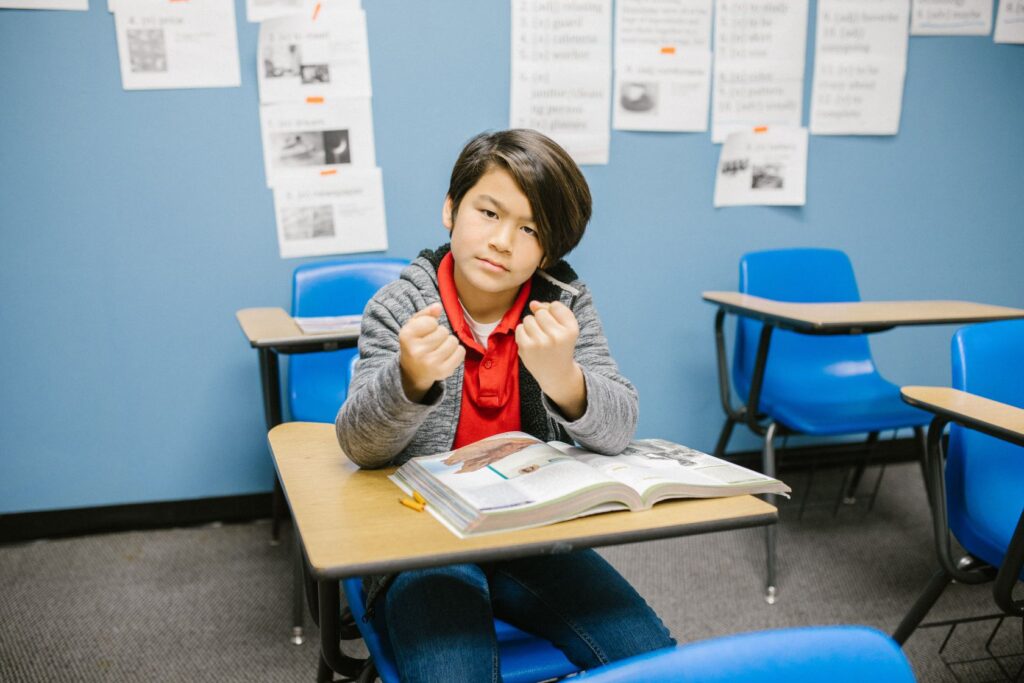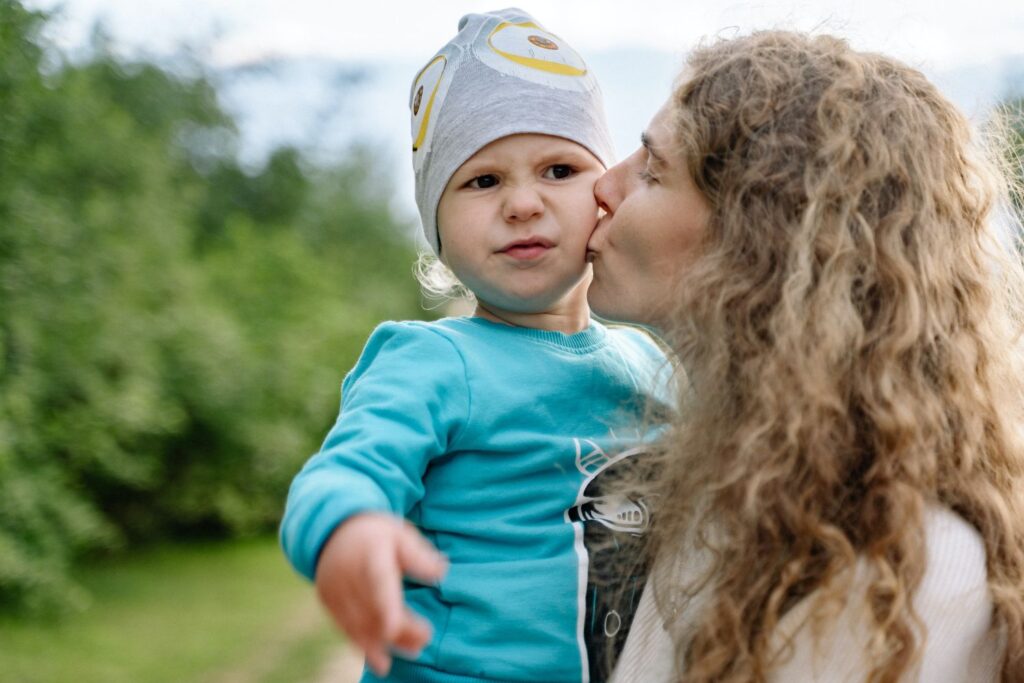As people are only now taking mental health issues seriously, there has been an issue of spreading misinformation regarding ADHD. From its causes, and diagnosis, to treatment, these myths have created misconceptions in the public eye. Therefore, many underestimate ADHD, some not even considering it a genuine health concern.
Here are common misconceptions regarding ADHD with brief explanations to clarify the issues.
Table of Contents
ADHD Roots From Poor Parental Discipline.
Remember, ADHD is a mental health condition, and the issue comes from how the brain works, not lack of discipline. So, when a kid with ADHD suddenly blurts out offensive things or stands during class, it’s not because of their parent’s neglect. No, they aren’t taught these terrible things.
Instead, these kids do such things because they can’t necessarily control what they want to do. So, it won’t help to be strict with the child. Being too rigid, like punishing the kid for doing things they can’t control, can make their ADHD symptoms even worse.
There’s no link between neglectful parenting and ADHD, even though behavior related to the condition may challenge even the most successful parenting techniques. However, many proven parenting methods can help children with ADHD control their outbursts better.
Aside from that, you may try a different approach to treating the condition, such as holistic medicine, which can help your child’s behavior via therapy sessions, changes in diet, and physical exercises.
Preschoolers Are Not Old Enough to Develop ADHD.
Many parents think that ADHD is an issue for older or school-aged kids. However, children as young as three years old may develop ADHD symptoms in reality. Plus, preschool-aged kids can also get diagnosed with the condition.
But since children at this age are naturally curious and hyperactive, even some doctors find it challenging to see the difference between “normal” preschooler behavior and signs and symptoms of ADHD. Still, even if kids at that age are naturally impulsive or active, we shouldn’t disregard it as being possible signs of ADHD.
Pediatricians evaluate the severity of the child’s behavior to make an accurate diagnosis. But generally, doctors diagnose ADHD when the symptoms significantly impact the child’s life. And these possible effects include lower self-esteem, poor personal development, and inability to function in general.

The Child’s Only Unmotivated and Lazy All the Time.
Most people perceive a child’s ADHD-related behavior as “normal.” Some young students who have issues staying focused in class might pretend they don’t want to or are too sluggish to accomplish it to save face. And though it may seem like the child might be lazy or unmotivated, it can be a sign of more serious underlying issues with functioning.
Remember, most kids aim to succeed and get recognized for their efforts. And children with ADHD would be as pumped as any other kid if given simple tasks to finish and given positive feedback.

She’s a Daydreamer, or He’s such a Handful, But That’s Normal For Children. People Often Don’t Let Kids Be Kids Anymore.
Kids are naturally active, inattentive, and impulsive to a certain degree at different points in their lives. But, kids with ADHD aren’t just mere daydreamers or a handful. Their hyperactivity and inattentiveness can be everyday issues.
ADHD can have a huge and long-lasting impact on a child’s capacity to learn and perform at school, fit in with family, or abide by the rules at home. Some may also have issues maintaining connections, communicating efficiently, and staying safe. When diagnosing the condition and developing a treatment plan, pediatricians usually look for these evident functional impairments.
You Can Get Cured Through ADHD Treatment.
Although treatment and medications can help with ADHD symptoms, it only lasts shortly. After all, there’s no cure for this condition as it’s long-lasting and doesn’t go away 100%. But what can happen is that it might change over time.
Many older individuals can get their lives in order using methods that eliminate any form of medical treatment. But many continue getting various kinds of help, medication, or therapies till their last breath. And though there’s nothing wrong with those, the goal here is to function normally as naturally as possible.
If an individual’s situation and demands change as they age, this may or may not need continued therapy or medication for ADHD. Instead of stopping all of these immediately, the goal is to function normally throughout childhood and adulthood.
He Spends Hours Playing Video Games All Day. He Doesn’t Have ADHD.
ADHD is more of a problem when it comes to activities requiring utmost concentration over long periods instead of participating in interactive or stimulating tasks.
The conventional classroom lectures, as compared to video games, may be unstimulating to these individuals. And the dull atmosphere and monotony of classes might be insufficient to stimulate a person with ADHD’s sight, audio, and physical activities. You can see why students with ADHD might find it challenging to keep up with assignments that require extended and organized thinking and effort.
Since the social, behavioral, and intellectual demands of children’s school years are too complex for them, many of those with ADHD get diagnosed during these years. Although schools might be to blame for the problems these kids face, it’s more likely that ADHD comes from the child’s struggle to keep up and adapt to their surroundings.
Children with ADHD Can Outgrow the Condition.
Many parents, alongside a few clinicians, believe that children can outgrow their ADHD. They assumed that once the child reached adulthood, their ADHD would subside and longer be an issue. Unfortunately, current studies show that ADHD symptoms can persist into adulthood for over 85% of kids.
Luckily, ADHD medication is now available to the public, and it can continue to be a valuable tool for the rest of the lives of some individuals with the condition. Aside from that, kids can opt for a more natural treatment such as Neurofeedback. It doesn’t use synthetic medicine and can treat various ADHD symptoms and other related issues.
Meanwhile, taking medication or therapy might not be necessary for some individuals with ADHD, depending on their work and how well they communicate and bond with others. Also, some adults with the condition can adapt to their surroundings and needs despite their unfortunate circumstances. Many maximize their abilities and go on and achieve fulfilling careers and personal lives!













